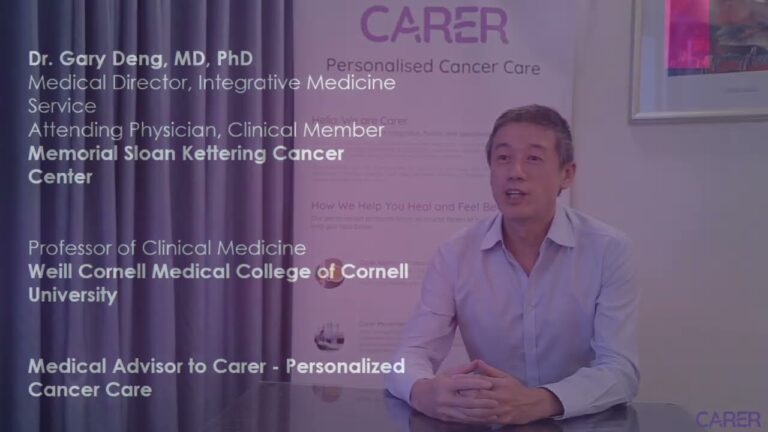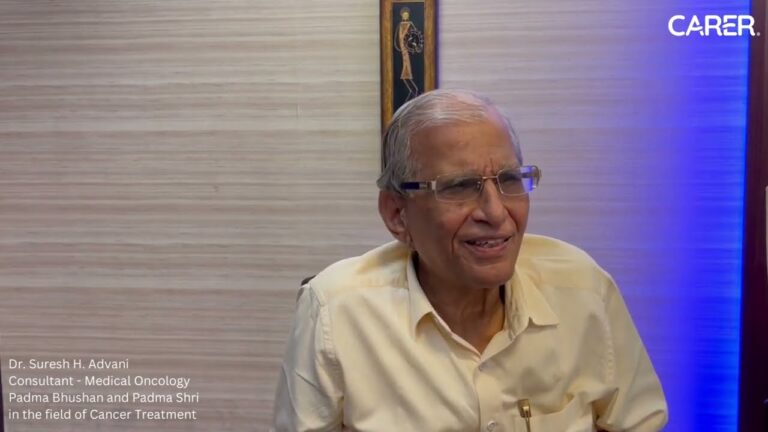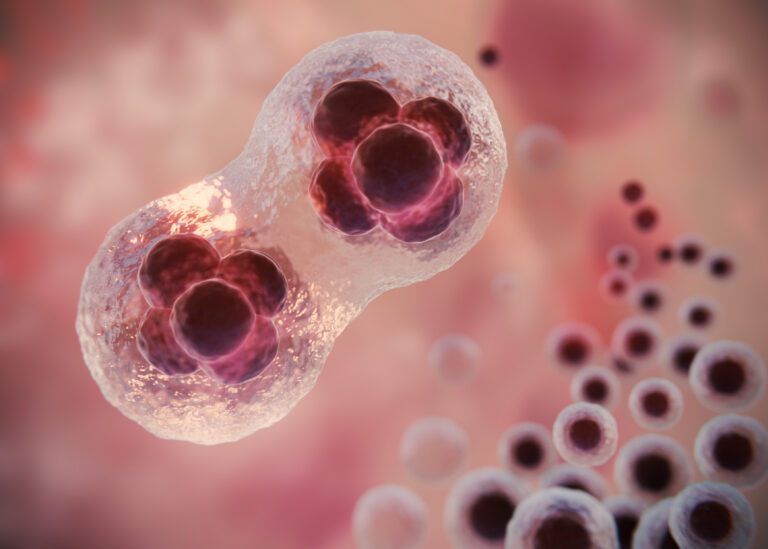The Importance of Integrative Oncology: A Pioneer Approach to Cancer Care

Integrative oncology is transforming cancer care by blending conventional treatments with evidence-based complementary therapies such as acupuncture, meditation, yoga, and nutritional counseling. This holistic approach helps patients manage treatment side effects, reduce stress, and enhance overall well-being.Dr. Deng, a visionary in the field, emphasizes the significance of this movement:
"I know it's very difficult to start something from nothing, but integrative oncology has made a lot of progress and generates strong momentum for the future."
Why Integrative Oncology Matters
Integrative oncology doesn’t replace conventional treatments but works alongside them to provide comprehensive care. Dr. Deng advocates for its universal adoption. "Integrative oncology should be part of standard care—it should not be extra. Every patient should benefit from it, starting early, even before diagnosis, for cancer prevention."
Research supports the benefits of this approach, showing improvements in pain management, fatigue reduction, and emotional resilience. Patients undergoing chemotherapy or radiation often experience severe side effects, and therapies like acupuncture or mindfulness can offer much-needed relief.
A Call for Wider Acceptance
Despite its advantages, integrative oncology is still emerging. Dr. Deng highlights its potential
"This is pioneer work, and I hope this message spreads to benefit every cancer patient."
The goal is to make these therapies accessible to all, ensuring no one misses out on supportive care that enhances quality of life.
As awareness grows, more healthcare systems are integrating these practices into standard treatment plans. The future of cancer care lies in a balanced, patient-centered approach—one that heals not just the body, but the mind and spirit as well.
By embracing integrative oncology, we take a vital step toward compassionate, holistic cancer care—one that every patient deserves.





